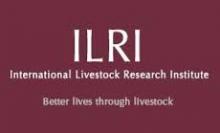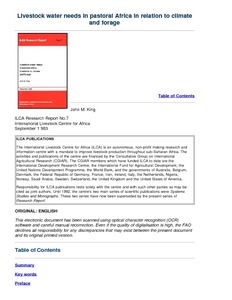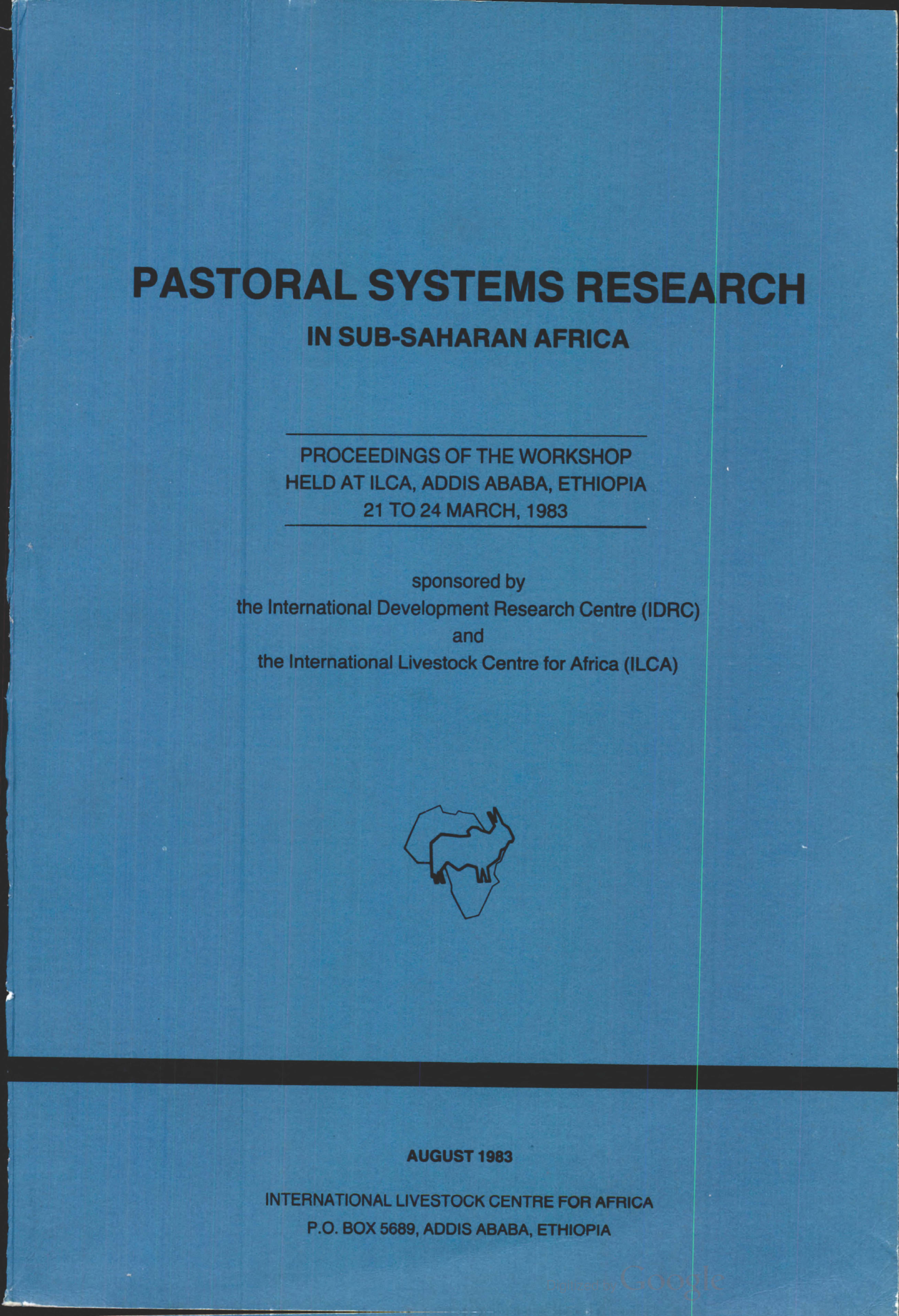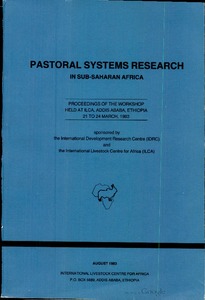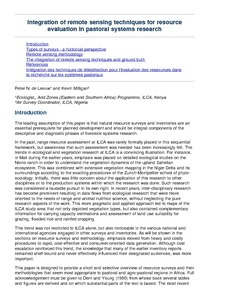Location
Vision, mission and strategy
ILRI's strategy 2013-2022 was approved in December 2012. It emerged from a wide processof consultation and engagement.
ILRI envisions... a world where all people have access to enough food and livelihood options to fulfil their potential.
ILRI’s mission is... to improve food and nutritional security and to reduce poverty in developing countries through research for efficient, safe and sustainable use of livestock—ensuring better lives through livestock.
ILRI’s three strategic objectives are:
- with partners, to develop, test, adapt and promote science-based practices that—being sustainable and scalable—achieve better lives through livestock.
- with partners,to provide compelling scientific evidence in ways that persuade decision-makers—from farms to boardrooms and parliaments—that smarter policies and bigger livestock investments can deliver significant socio-economic, health and environmental dividends to both poor nations and households.
- with partners,to increase capacity among ILRI’s key stakeholders to make better use of livestock science and investments for better lives through livestock.
This is ILRI’s second ten-year strategy. It incorporates a number of changes, many based on learning from the previous strategy (2000–2010, initially produced in 2000 and modified in 2002), an interim strategy (2011–2012) and an assessment of the external and internal environments in which the institute operates.
Members:
Resources
Displaying 1116 - 1120 of 1152Livestock water needs in pastoral Africa in relation to climate and forage
Discusses livestock water needs and the variation of water dependence in dif. circumstance, mentioning body water functions; physiological aspects of water balance; channels of gain & loss; and factors affecting water balance, particularly energy production, thermoregulation and water availability. Examines energy and water use, as well as water & livestock development in pastoral areas of Africa.
L'evolution du milieu
Describes techniques of long-and short-term measurements of changes in vegetation and feed resources in pastoral systems, with particular reference to sampling techniques and costs of the various methods.
Les vegetations et les ressources fourrageres dans les systemes pastoraux
Discusses the aim of studies on vegetation & feed resources in pastoral systems, describing the collection & presentation of data in the descriptive phase; identification of constraints in the diagnostic phase; and analysis of the impact of selected variables or technical innovations on the systems' functioning, and the development of adapted technology in the experimental phase.
Labour data collection
Discusses issues related to the collection of data on labour inputs for pastoral production, considering the utility of data on labour as part of pastoral systems research, and research methods for data collection, particularly for multi-visit recall techniques and the time allocation technique.
Integration of remote sensing techniques for resource evaluation in pastoral systems research
Reviews most recent applications of methodologies for resource surveys appropriate to pastoral & agro-pastoral regions in Africa, with particular reference to remote sensing methodologies, viz. satellite imagery, aerial photography, side-looking radar (SLR), spectral radiance and low-altitutde aerial survey. Discusses the integration of remote sensing techniques with ground truth within the context of rapid appraisal methods and early warning procedures within a livestock systems research approach.

